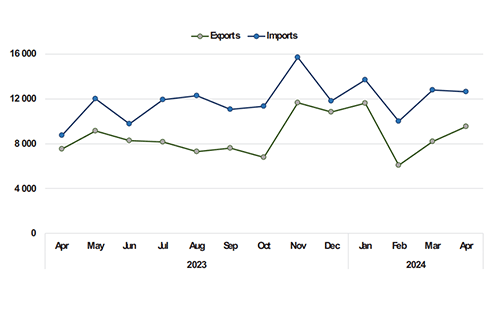Namibia, Kenya, Botswana, Rwanda and Ghana need rules of origin that will allow participation and further development of the automotive industry by new players in the sector. This request was made recently during the eighth meeting of the African Continental Free Trade Area (AfCFTA) council of ministers responsible for trade in Ghana, where Namibia was represented by trade minister Lucia Iipumbu. According to the council briefing, a number of countries such as South Africa, Morocco, Sudan and Nigeria aim to include a higher level of value addition on a number of tariff lines under this chapter. The briefing noted that negotiators did not reach an agreement on a number of tariff lines under this chapter.
“A strict rule of origin will, therefore, allow few countries in Africa to dominate this sector and as a result, trade under this sector would be skewed. There is a need for the ministers to provide guidance that will allow countries with semi-knockdown automotive industries to trade under this agreement, and to be allowed sufficient time of between 10 to 20 years to move to a higher level of value addition,” stated the briefing. Providing her input, Iipumbu said negotiations and agreed rules of origin under this chapter should take into account the level of all players in the African automotive industry, and as such accommodate and consider various levels of industry development of member states involved in the manufacturing and assembling of automobiles.
Namibia thus proposed consideration of a sufficient transitional arrangement for those members states preparing for a relatively lower value addition so that they are given sufficient time to migrate to higher levels. Namibia has taken the stance that this agreement should not disrupt new industries, but enhance trade on the continent. It was further declared that senior officials should consider a number of flexibilities to accommodate all member states with appropriate transitional arrangements.
“For countries just starting, such as Namibia, the rules of origin should be at a 70%:30% ratio, but this should graduate to 60%:40% over a period of 15 years. For countries like Namibia, it is also important that the 30% be inclusive of items such as local labour remuneration, and it is important that the 30% be inclusive of both regional and continental sourcing,” Iipumbu emphasised.
Currently, 87.7% of rules have been completed, while the outstanding rules of origin remain in the chapters relating to textiles and clothing, automotive, sugar and tobacco. According to the council, the work on origins will continue until December 2022.


